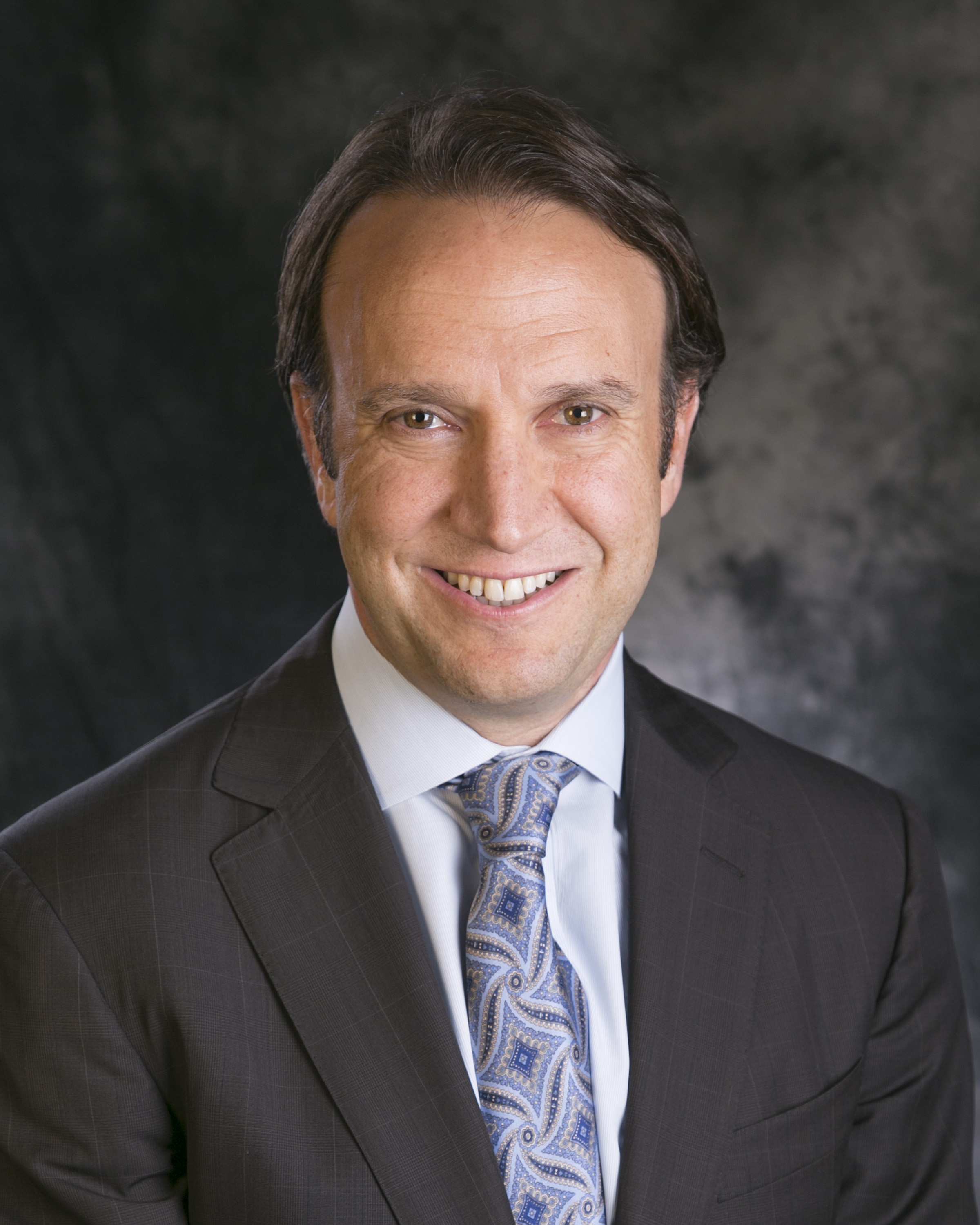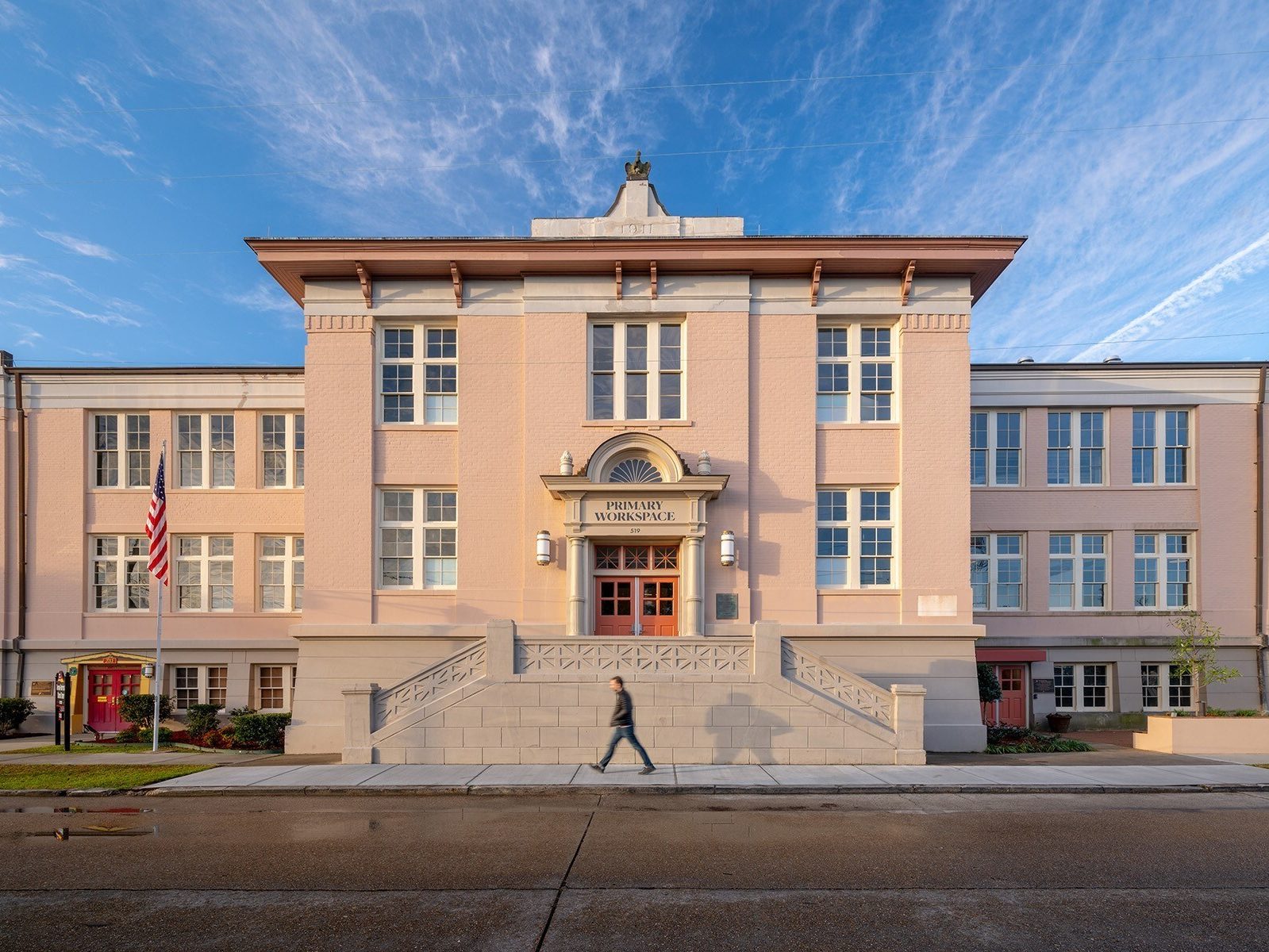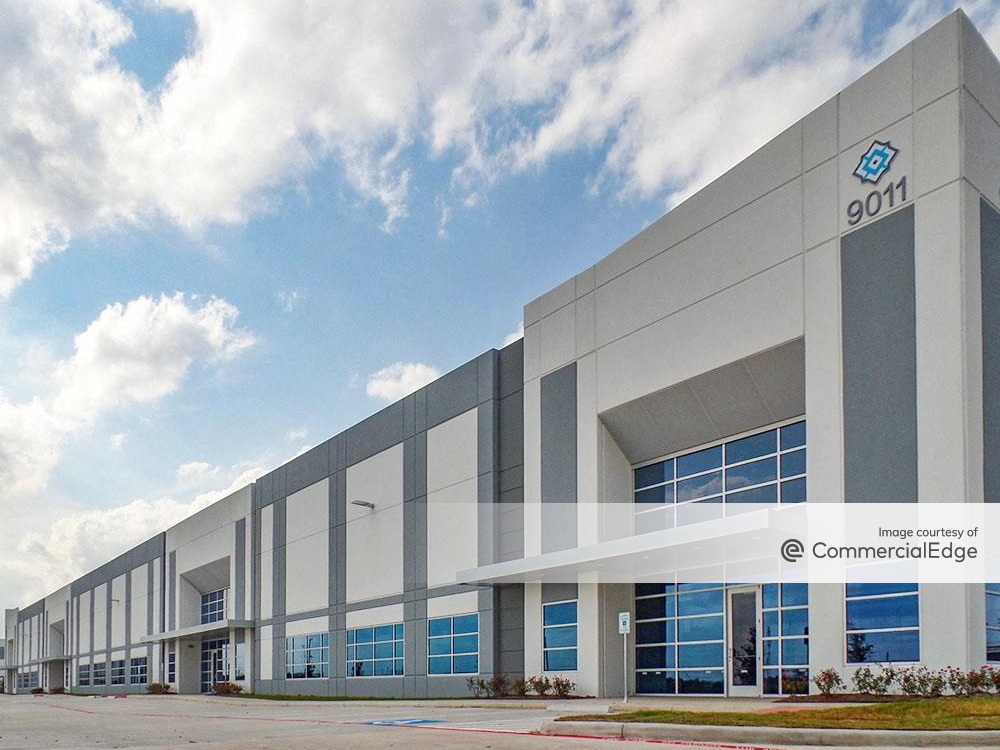Profile: Waterton’s Smooth Blend
As Waterton Associates starts its third decade, its founders are about to open the company’s latest chapter.
By Gail Kalinoski, Contributing Editor
David Schwartz and Pete Vilim have come a long way since the evening in 1995 when they conceived the plan for Waterton Associates LLC over an impromptu dinner of strawberry Pop Tarts.
Two decades later, the executives lead a diversified national company that has invested $5 billion and encompasses a $3.5 billion
multifamily portfolio, 13 select-service hotels in major markets, as well as fundraising and property management affiliates.
As Waterton Associates starts its third decade, its founders are about to open the company’s latest chapter. In October, they will complete the integration of their multifamily and hospitality businesses into a single company, which will be known simply as Waterton.
Schwartz and Vilim set the change in motion several years ago because they grasped “striking similarities in operational philosophies” between apartments and hotels, including e-procurement, branding and dynamic pricing, Schwartz explained. The company’s focus on customer service crosses both sectors and it seemed natural to bring them together in what they coined “resitality,” a term that blends “residential” and “hospitality.” Schwartz said they have trademarked the term. Waterton’s transition started in 2013 with the consolidation of the companies’ human resources departments, followed by construction and accounting. In October 2014, the partners named a new COO: Mark Zettl, who joined the leadership team six years earlier as an executive vice president for Ultima Hospitality, the company’s hotel affiliate.
One of the goals is to “bring homelike experiences to our hotel guests and bring hospitality experiences to our multifamily residents,” Schwartz said. Doug Bibby, president of the National Multifamily Housing Council, where Schwartz is the secretary and is on track to become chairman, agrees that Waterton’s blend of its multifamily and hotel businesses looks like a promising move. “There are a lot of synergies. We learn from each other as we go along,” Bibby said. “We tend to attract people from hospitality to come work as staff for our companies, in property management in particular.”
Waterton’s founders became acquainted when they worked together at AMLI Realty Co., the Chicago-based multifamily investment and management company. By 1995, Schwartz was a vice president of acquisitions at Equity Residential Properties Trust, and Vilim was working as an investment officer at Berkshire Realty Co. In May of that year, Schwartz told Vilim that he had a business proposition. In his excitement, however, Schwartz forgot to order food before the brainstorming session, which prompted a brief stop at a nearby convenience store, where the two men settled on a box of strawberry Pop Tarts to tide them over. Thus fortified, Schwartz made his pitch.
We Have Liftoff
Following a model Equity Residential was using at the time, the proposed business would buy distressed properties through the Resolution Trust Corp. (RTC), the federally owned company tasked with liquidating distressed assets in the wake of the 1980s savings and loan crisis. “It was the tail end of the RTC era,” Schwartz recalled. “I knew there was a short window to do this.” Also essential to the plan was adding high-impact elements like fitness centers—then relatively novel—and selling the repositioned assets. “We thought the best way to approach it was to be lean and mean and try to have a small organization, maybe an analyst and an assistant,” he recalled. Initially, the company outsourced property and construction management, functions that they would later bring in house.
Naming their company Waterton Associates, a name inspired by a trip to Waterton Lakes National Park in Alberta, Canada, the partners bought their first asset, the 342-unit Oak Run Apartments in Austin, Texas, in January 1996. That May, they launched a $9.2 million fund backed by the Pritzkers, the Chicago dynasty behind the Hyatt brand. Other early investors included the California State Teachers’ Retirement System, with which Waterton has sponsored four funds over the past 10 years. “That’s a testament to our company,” Vilim said. Vilim and Schwartz have gradually introduced new business lines over the years. Its property management affiliate debuted in November 1998, and Waterton made its first hotel investment in January 2006. That July saw the launch of Waterton Commercial Properties. All told, Waterton has sponsored 12 funds; its most recent, Venture XII, is also its second commingled fund.
Waterton had $1 billion in assets under management by 2002. The total reached $3 billion in 2007, also the first year it completed
$1 billion worth of transactions. All told, the company has invested more than $5 billion through funds and individual transactions, realized aggregate net IRRs of about 20 percent, and has yet to default on a loan or lose an asset to foreclosure. In 2007, Waterton acquired its largest multifamily property to date: the 2,346-unit Presidential Towers in Chicago’s West Loop. In a highly competitive bidding process, Waterton bought the four-tower property from Pritzker Realty Group for $470 million.
New Directions
The Great Recession, too, prompted new directions. Early in 2008, Waterton had finished a $222 million fundraising. At that time, a sudden surge of high-quality distressed properties coming to market caused Schwartz and Vilim to rethink their emphasis on value-add assets. “We had just bought our first property in the fund and then the wheels started to come off the economy,” Vilim recalled. “We said, ‘Why don’t we sit on this capital and not invest for a few minutes and see where this shakes out?’ We were blessed to have significant capital in 2009, when the economy really bottomed, and the guts to start deploying it.”
Redirecting the fund toward core and core-plus assets at a significant discount, Waterton invested the bulk of its capital in 2010. That year, Schwartz and Vilim launched Ultima Hospitality, which was an active buyer in 2012 and 2013 as the sector’s recovery lagged.
The company continues to diversify. A joint venture formed in May with Allianz Real Estate of America L.L.C. and Clal Insurance intends to buy up $800 million worth of core and core-plus multifamily assets in Boston, Chicago, Seattle, Northern California, the New York City metro region and Washington, D.C.. Waterton will manage the properties.
As a new milestone approaches, Vilim and Schwartz note that success has sometimes taken unexpected forms. “Our plan was to buy assets, not hold them, and sell them to the REITs,” Schwartz said. “Fast forward to today and we have 2,000 people. We’re fat and nice and we never sold to REITs.” Those employees, Schwartz said, are “relishing the opportunity” to move forward under one name.
“They are highly charged to accomplish something that we think no one has really accomplished yet,” he said. “I think this has set us up for the next 20 years quite well.”










You must be logged in to post a comment.